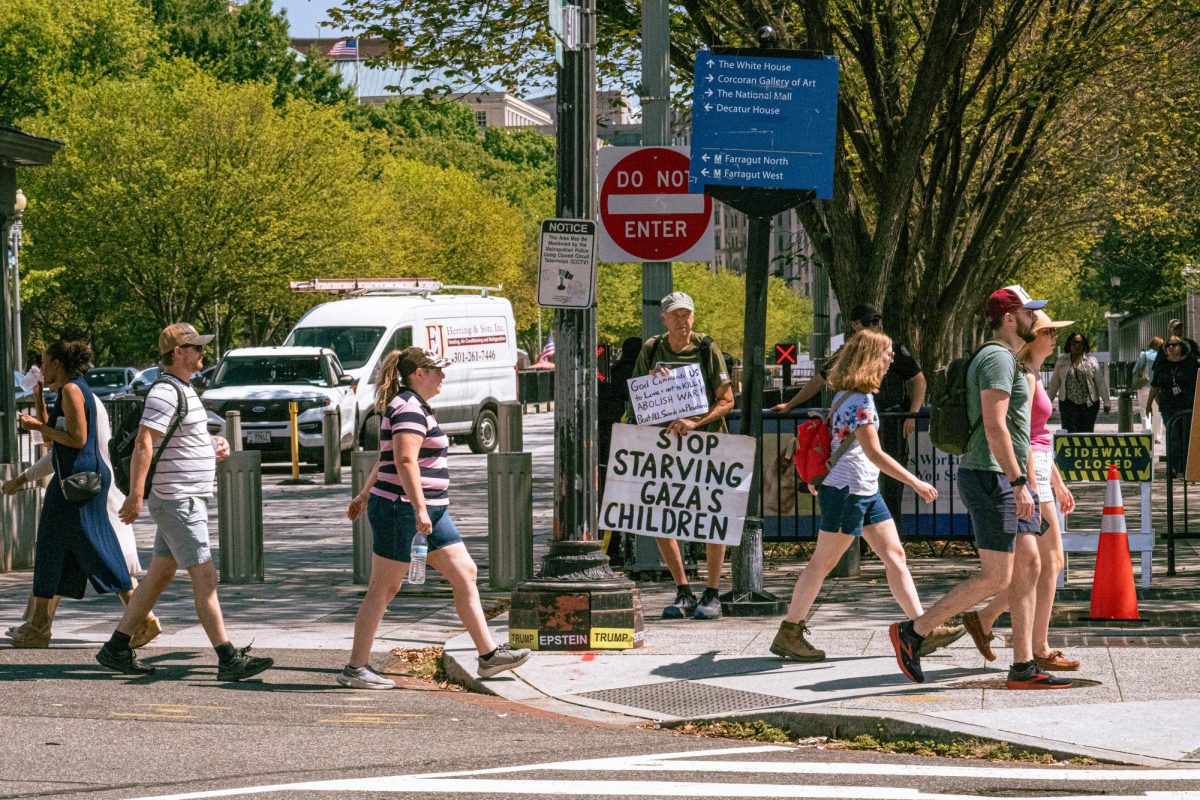If a student experiences educational setbacks when a class isn’t offered, the university has failed them.
Undergraduate students at NIU pay an estimated $29,636 per year, according to NIU’s Financial Aid. It’s beyond ridiculous that students are paying a substantial amount of money to complete their degrees and are still experiencing issues. NIU needs to do better at providing classes students need for their careers.
Students come to college to take courses that align with their career paths and therefore should have a smooth college experience. Students shouldn’t have to worry about a course being dropped from their schedule.
Alecia Santuzzi, professor and department chair of psychology at NIU, explained that a lack of staff plays a large part in courses not being offered.
“Professors that are retiring often do not get replaced because of budget constraints,” Santuzzi said. “That naturally decreases what departments and colleges can offer. There’s a big staffing need for courses, and it’s not that your professors don’t want to offer those courses, but it’s really not up to them.”
NIU should not offer a degree if they don’t have the staff to teach the courses. Students don’t deserve to feel frustrated and stressed because they can’t complete their degrees.
One solution that students can take to find classes that are offered for their degree is to meet regularly with an academic adviser.
Vice Provost for Academic Affairs Alicia Schatteman explained that it is crucial to meet regularly with an advisor, for students that are struggling to find offered courses.
“If you are having problems with classes not being offered, I recommend to go straight to your adviser,” Schatteman said. “That is your best bet to figure out what the challenges are and how predictable the course scheduling offering is. They would be in the closest communication with the department chairs to identify if there are problems with course offerings and when they are being offered.”
Students should meet with their advisors at least once per semester. With an adviser, they can go over required courses and see which courses are being offered.
The long-term consequences of students struggling to complete their degrees resonates far beyond the confines of higher education. Unoffered classes hamper the potential of individuals striving toward personal growth, social progress and contribution to the world. Students also may consider transferring to other universities that do offer the classes that students need for their degree.
By prioritizing course availability, investing in faculty and fostering open communication, universities can unlock the true potential of their students and pave the way for seamless degree completion.




















